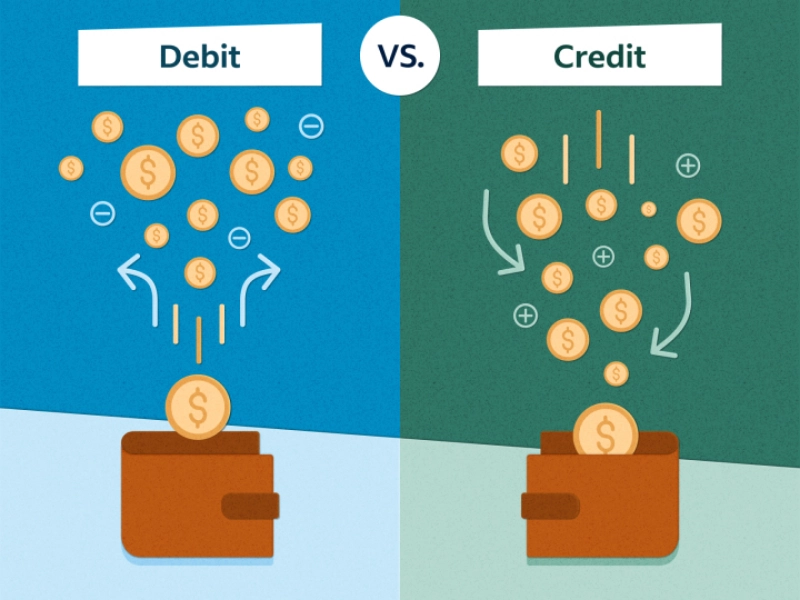Talking about your future together helps your relationship by showing each other that you are committed to each other, and it goes beyond simple calendar management. As you cooperate to overcome life's uncertainties, it might also lead to an increase in intimacy. Marital or partner discounts are provided by numerous long-term care insurance providers. Furthermore, a shared benefit rider is included in some policies. This permits the utilization of unused benefits by both partners or spouses in the event of one's death.

 A feature that is optional but enables couples who purchase long-term care insurance to pool their benefits is called spousal sharing. This effectively increases the total coverage of both policies by double.
But the issue with this plan is that it violates state Medicaid restrictions and may leave your well-off spouse vulnerable to financial ruin. You ought to think about implementing a more thorough plan to stop this from occurring.
Thankfully, there are numerous tactics that let the healthy partner save more money without letting Medicaid take any of their assets. You can investigate these alternatives with the assistance of an elder law attorney licensed in your state.
A feature that is optional but enables couples who purchase long-term care insurance to pool their benefits is called spousal sharing. This effectively increases the total coverage of both policies by double.
But the issue with this plan is that it violates state Medicaid restrictions and may leave your well-off spouse vulnerable to financial ruin. You ought to think about implementing a more thorough plan to stop this from occurring.
Thankfully, there are numerous tactics that let the healthy partner save more money without letting Medicaid take any of their assets. You can investigate these alternatives with the assistance of an elder law attorney licensed in your state.
 Many tactics and methods are used in active listening. Among these are asking open-ended questions, minimizing distractions, and keeping eye contact—the degree of which varies depending on the culture. It's also beneficial to paraphrase what the other person just said. This guarantees that your portrayal of their emotions and ideas is correct.
Health care providers frequently offer advice before patients have had a chance to completely express their worries. This may result in misconceptions and miscommunications, which could have detrimental effects on one's health. This is a major justification for why it's critical that healthcare personnel receive active listening training. For healthcare firms around the country, LeaderStat specializes in executive recruitment, direct care workers, temporary leadership, and travel nursing.
Many tactics and methods are used in active listening. Among these are asking open-ended questions, minimizing distractions, and keeping eye contact—the degree of which varies depending on the culture. It's also beneficial to paraphrase what the other person just said. This guarantees that your portrayal of their emotions and ideas is correct.
Health care providers frequently offer advice before patients have had a chance to completely express their worries. This may result in misconceptions and miscommunications, which could have detrimental effects on one's health. This is a major justification for why it's critical that healthcare personnel receive active listening training. For healthcare firms around the country, LeaderStat specializes in executive recruitment, direct care workers, temporary leadership, and travel nursing.
 Giving up a portion of your own views or aspirations in order to reach a mutually agreeable solution is known as compromise. Although it can be a helpful tool in relationships, over time it can also result in resentment and feelings of discontent.
In order to ensure that you and the other person are in agreement on a compromise, open communication is essential. In this way, in the event that one of you is dissatisfied with the outcome, you can talk about non-confrontational ways to resolve the problem.
For instance, there might be ways to change your long-term care policy's spouse refusal clause if you're not happy with it.
Giving up a portion of your own views or aspirations in order to reach a mutually agreeable solution is known as compromise. Although it can be a helpful tool in relationships, over time it can also result in resentment and feelings of discontent.
In order to ensure that you and the other person are in agreement on a compromise, open communication is essential. In this way, in the event that one of you is dissatisfied with the outcome, you can talk about non-confrontational ways to resolve the problem.
For instance, there might be ways to change your long-term care policy's spouse refusal clause if you're not happy with it.
 Medicaid, long-term care insurance, and personal savings are the available payment methods for long-term care. Certain state long-term care partnerships allow the healthy spouse to "refuse" to pay for their ill partner's long-term care, depending on the regulations in place where you live.
Buying coverage with shared spousal benefits is an additional choice. This gives you both a set number of years of coverage that you can use in the event that you both require medical attention. Generally speaking, this kind of coverage is less expensive than a conventional long-term care policy. Additionally, it permits the surviving spouse to receive any benefits that remain after the death of the other.
Medicaid, long-term care insurance, and personal savings are the available payment methods for long-term care. Certain state long-term care partnerships allow the healthy spouse to "refuse" to pay for their ill partner's long-term care, depending on the regulations in place where you live.
Buying coverage with shared spousal benefits is an additional choice. This gives you both a set number of years of coverage that you can use in the event that you both require medical attention. Generally speaking, this kind of coverage is less expensive than a conventional long-term care policy. Additionally, it permits the surviving spouse to receive any benefits that remain after the death of the other.
 See a financial advisor who can assist you in allocating retirement assets if you're concerned about how long-term care costs may affect them. They can also go over your alternatives for long-term care insurance, including linked benefits and stand-alone plans.
It is legal in certain areas for healthy spouses to decline to cover their sick spouse's long-term care expenses. We call this procedure "spousal refusal."
Prior to making any judgments, it is crucial to speak with a qualified Medicaid planner because this approach is intricate and differs depending on the state. They can assist you in avoiding violating Medicaid's five-year lookback period.
See a financial advisor who can assist you in allocating retirement assets if you're concerned about how long-term care costs may affect them. They can also go over your alternatives for long-term care insurance, including linked benefits and stand-alone plans.
It is legal in certain areas for healthy spouses to decline to cover their sick spouse's long-term care expenses. We call this procedure "spousal refusal."
Prior to making any judgments, it is crucial to speak with a qualified Medicaid planner because this approach is intricate and differs depending on the state. They can assist you in avoiding violating Medicaid's five-year lookback period.